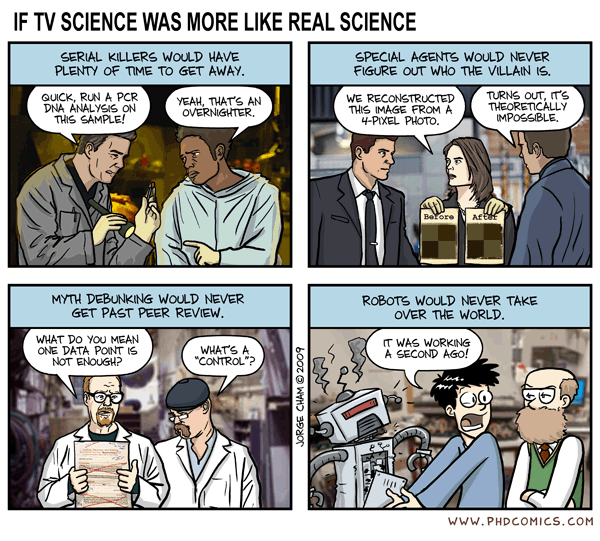The NASA Ares-X launch was postponed due to bad weather and risk of triboelectrification. This NASA lead set the trend for 'nothingness' that continued up until I wrote this piece.
Physics Today reported that Hot dust evinces a violent planetary collision around a nearby star but really, that's too little, too late.
The latest issue of Astrophysical Journals notes a 500 parsec halo around a globular, some dwarf binary spectrography, and two models. Ho hum. Astronomy&Astrophysics notes transneptunian objects, planetary companions, exoplanets, and disks around other stars, but really, isn't that stuck in an 2008 mindset? We're so over the Pluto/transneptunian thing, at the very least. And Astrophysical Journal ('ApJ', the 800-pound gorilla of astronomy research mags) notes, among other things, a novel theory saying the universe's first stars were powered by dark matter, not our ordinary nuclear fusion, and also almost a dozen dozen other results.
But I could not find one witty quip among those. Fortunately, though, a quick glance at "People" online leads that Ivanka Trump and Jared Kushner are planning an African honeymoon. So at least the real magazines are tackling hard-hitting news, even while science flounders. For today, at least.
Alex, The Daytime Astronomer, Tues&Fri here, via RSS feed, and twitter @skyday
Read about my own private space venture in The Satellite Diaries





Comments